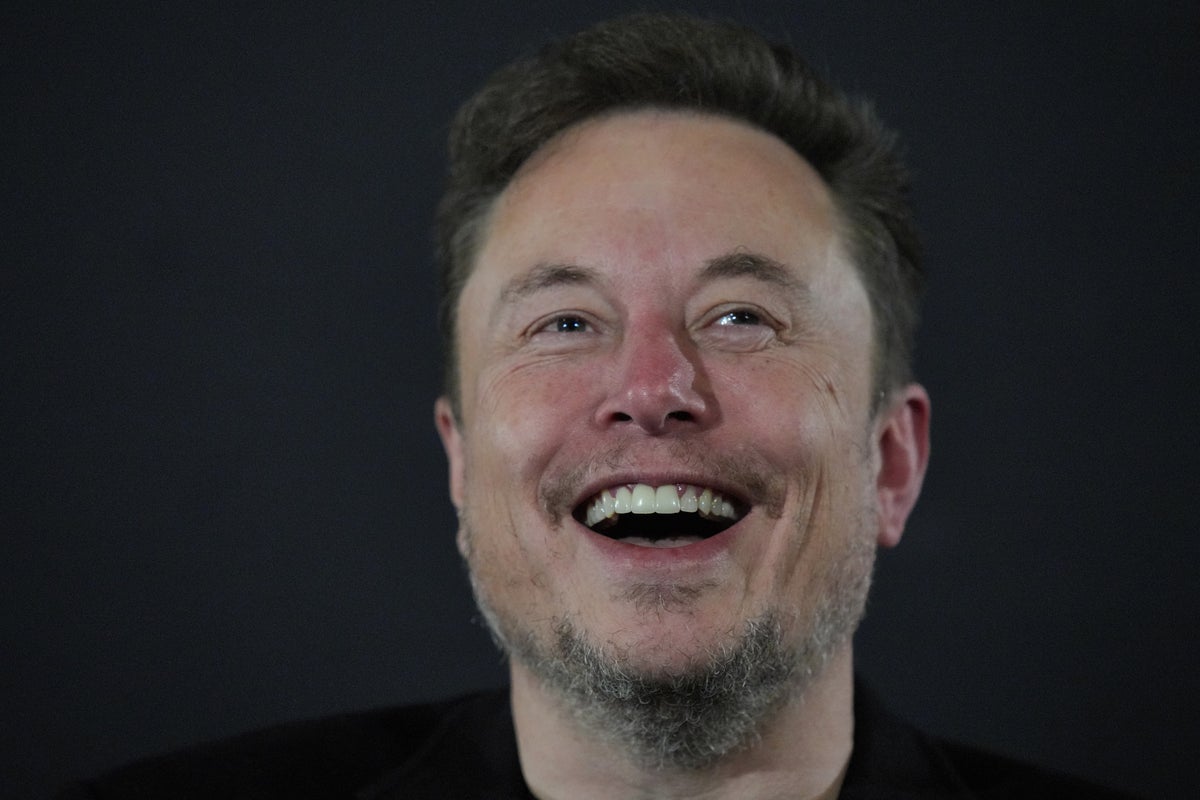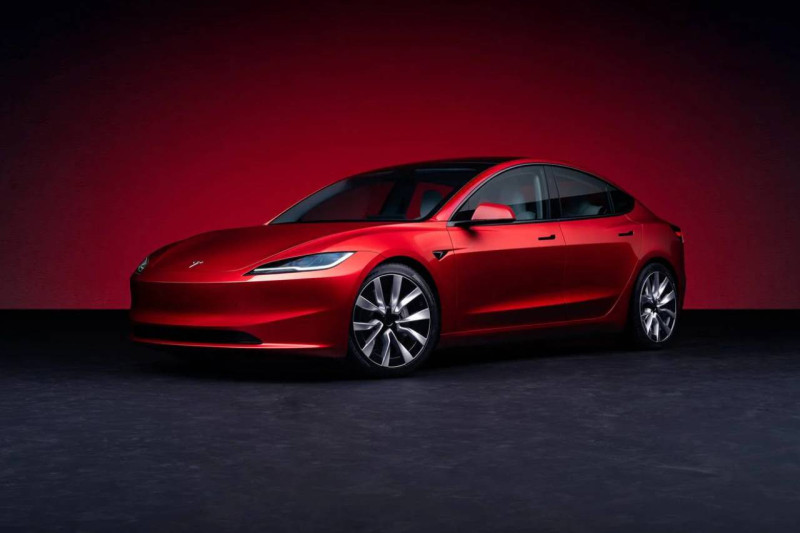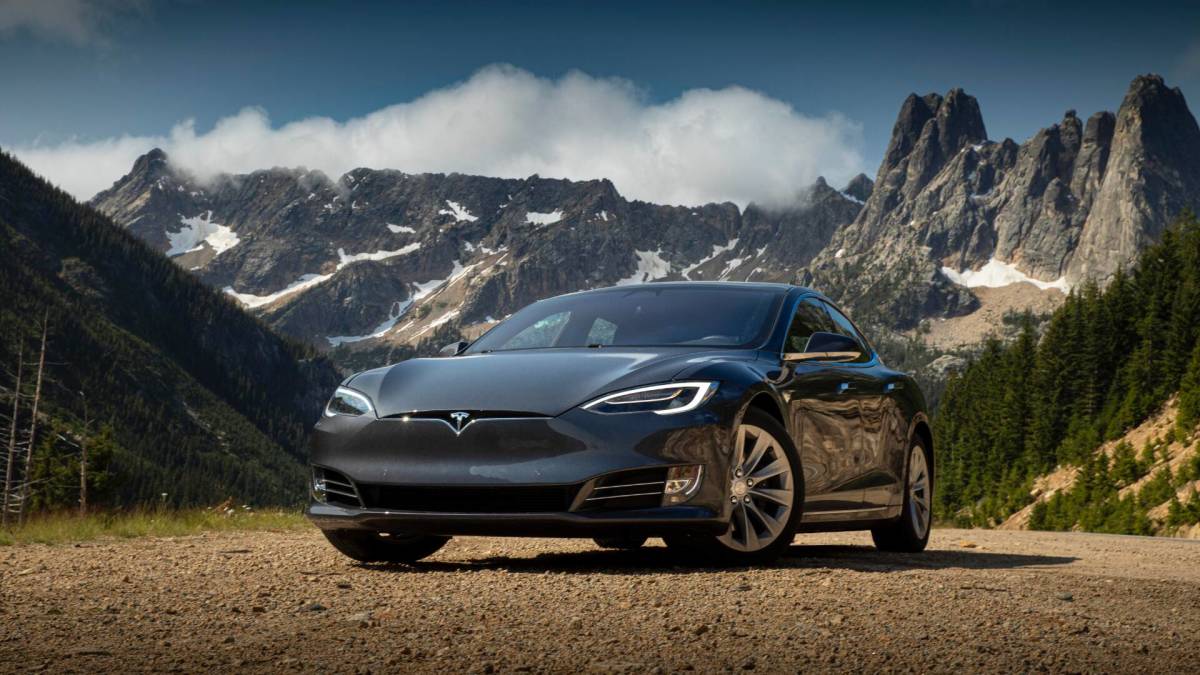
Elon Musk could become the world’s first trillionaire. Here’s what that looks like
- by Independent
- Nov 07, 2025
- 0 Comments
- 0 Likes Flag 0 Of 5

Friday 07 November 2025 18:12 GMT
Comments Carl Rhodes is a Professor of Business and Society at The University of Technology Sydney
This article was first published by The Conversation and is republished under a Creative Commons licence. Read the original article.
Musk can still spend big when he wants to. For example when he bought Twitter for US$44 billion in 2022, he personally put in more than US$27 billion in cash. Most of that came from him selling US$15.5 billion worth of his Tesla shares, and the rest was from a loan against his remaining equity in Tesla.
Second, wealth equals power. Whether Musk is worth billions or half a trillion, it makes little material difference to his lifestyle. What matters is the influence such wealth affords.
Musk has acknowledged this. Seeking shareholder support for a record-breaking compensation package, he posted on X: "Itâs not about 'compensation', but about me having enough influence over Tesla".
More significantly, Musk has used his wealth to gain political influence. He spent more than US$250 million (A$385.4 million) supporting Donald Trumpâs 2024 presidential campaign, securing immense sway over the American political agenda.
Elon Musk speaks live via a video transmission during the campaign of the far-right Alternative for Germany (AfD) party in Halle, Germany.
open image in gallery
Tech billionaire Elon Musk speaks live via a video transmission during a speech by Alice Weidel, chancellor candidate of the far-right Alternative for Germany (AfD) political party, at the AfD election campaign launch rally on January 25, 2025 in Halle, Germany
(Getty)
He has also backed other right-wing populists globally. In the UK, Musk has publicly supported Tommy Robinson, a far-right activist known for anti-Islam and anti-immigration views. In Germany, Musk has openly endorsed the far-right Alternative für Deutschland (AfD) party.
Billionaire dreams, business-as-usual reality
Muskâs political activism places him among a growing class of billionaires reshaping the world in their own image.
The 21st century has seen a surge in large-scale philanthropy, with the worldâs wealthiest channelling fortunes into charitable foundations, public initiatives, and political advocacy. In the US alone, charitable donations exceeded US$16 billion (A$24.67 billion) last year.
The single largest donor was Michael Bloomberg who gave US$3.7 billion (A$5.70 billion) to causes including the arts, education, public health, and social justice. He was one of six individuals who donated over a billion dollars in 2024.
There are now 3,028 billionaires, with three worth over US$200 billion.
This generosity masks a deeper reality. Billionaires typically donate only a fraction of their wealth, which continues to grow. In 2010, Gates and Buffett launched The Giving Pledge, urging billionaires to donate most of their wealth. But of the 57 original US signatories, 32 remain billionaires, and their combined wealth has grown by 283%.
When Donald Trump withdrew the US from the World Health Organization (WHO), the Gates Foundation became its top donor, contributing US$689 million (A$1.06 billion) over two years. Gates has since faced criticism for steering WHO toward projects he personally favours.
Whether itâs Gates shaping global health or Musk influencing politics, their power stems not from democratic mandate but from wealth. In a world increasingly under the sway by billionaires, the public good risks being defined by private interests, without oversight, accountability, or consent.
This isn't the first time this has happened. In the âgilded ageâ of the late 19th century, industrialists like Andrew Carnegie, John D. Rockefeller, and Meyer Guggenheim used their fortunes to establish institutions like universities, museums, hospitals, and libraries. Their aim was to make education and cultural enrichment accessible to working-class Americans.
It did nothing to change economic inequality and the dynasties of extreme wealth created by industrialisation live on to this day. Todayâs billionaires might be interested in different causes, but the result is the same: billionaire power escalates while the vast economic inequality that their wealth represents remains entirely unchanged.
How do Australian billionaires stack up?
Australia is not immune to the global billionaire phenomenon. In 2025, 161 Australians had amassed fortunes exceeding A$1 billion, double the number from ten years earlier.
The top ten Australian billionaires
Gina Rinehart
Please first to comment
Related Post
Tesla faces new class action lawsuit
- Nov 08, 2025
Tesla, Inc. $TSLA Shares Sold by Nvwm LLC
- Nov 08, 2025
Stay Connected
Tweets by elonmuskTo get the latest tweets please make sure you are logged in on X on this browser.






 Energy
Energy

















